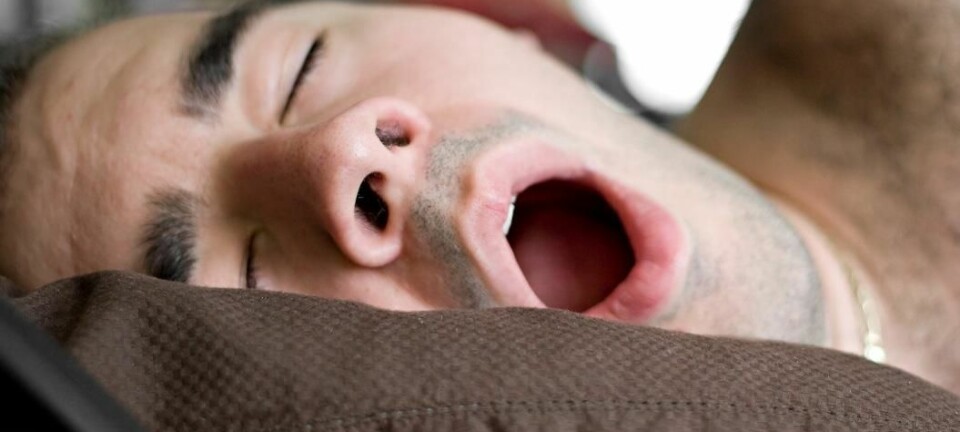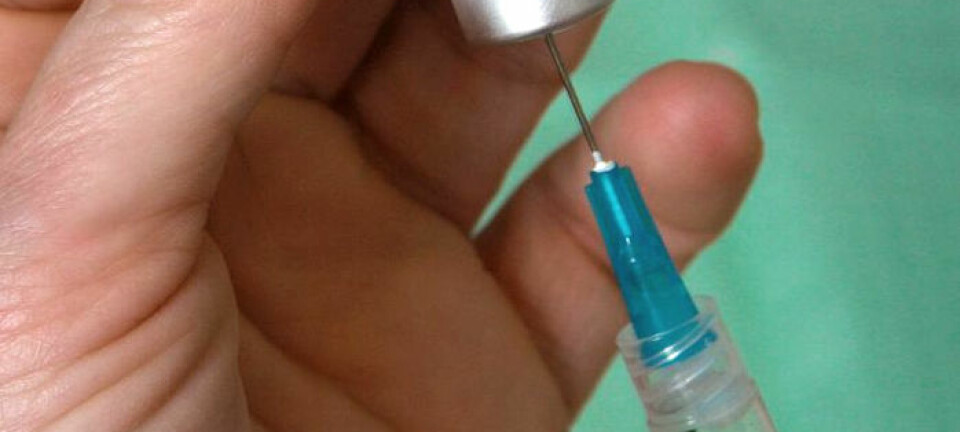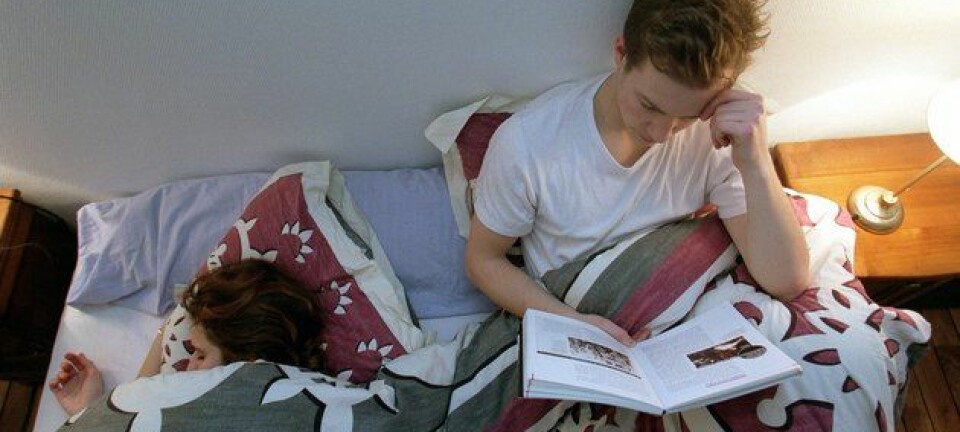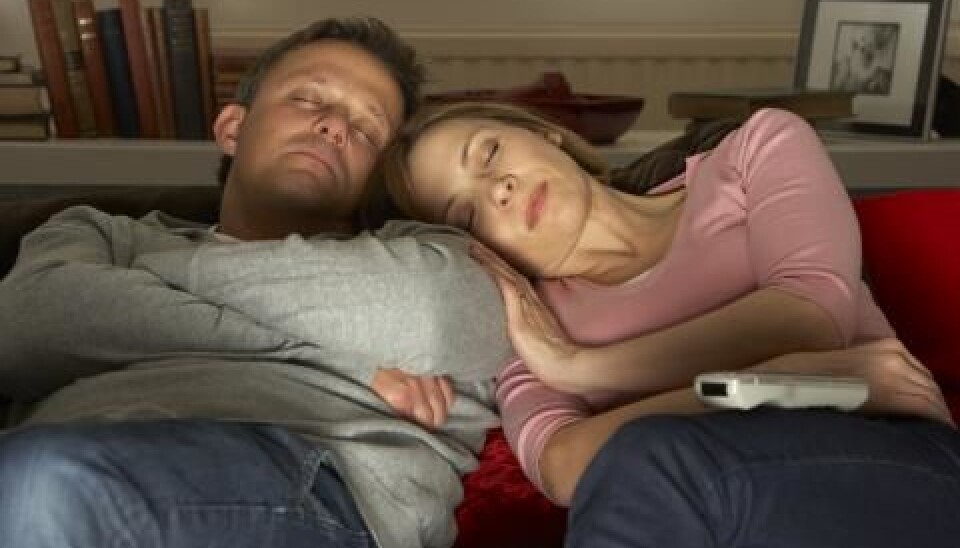
Why parents drift off while kids watch TV
A sleep researcher says it’s not all your fault. Biology is to blame.
Denne artikkelen er over ti år gammel og kan inneholde utdatert informasjon.
You’ve finished dinner, the kitchen mess has been cleared away and you sink down on the sofa with the kids to watch a show. There is commotion on the screen, but your eyelids droop.
Parents with young children, and others too, recognise this scenario. It has a reasonable and natural explanation:
The circadian rhythm in our bodies makes us tired at some times and alert at others. A typical circadian rhythm is adjusted to wake up at seven in the morning and we grow gradually more awake as the day progresses.
So you would expect to be very fresh and awake in the late afternoon, but your body squelches that. You might also be doing things that increase the need of a nap.
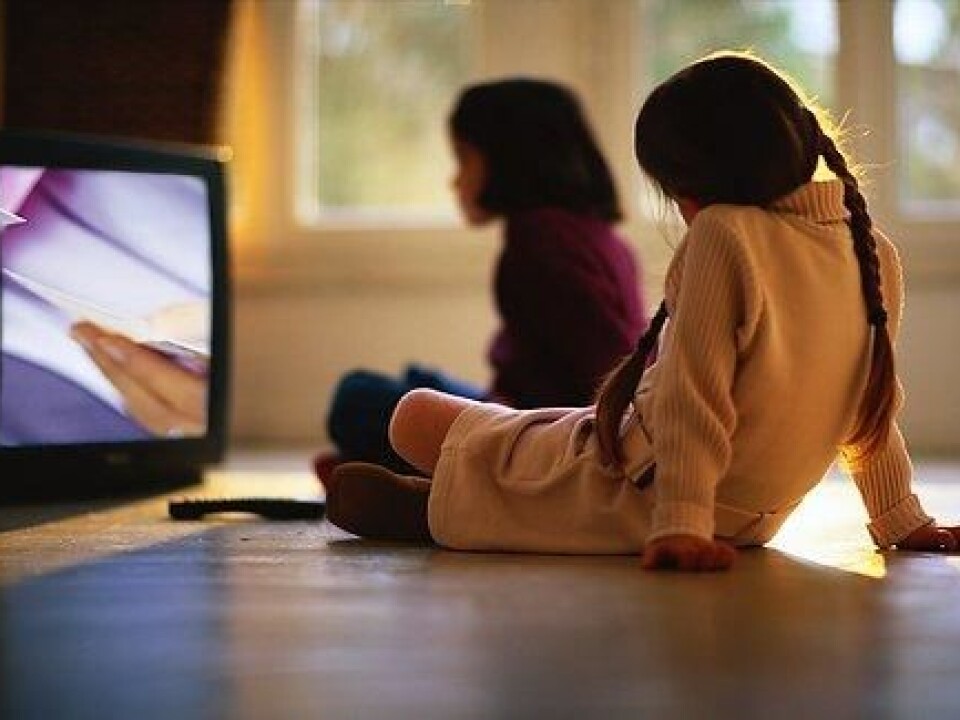
“We have a little slump in our circadian rhythm around 18:00. It isn’t much of a dip, but if you have had insufficient sleep, or have eaten a large meal, and are sitting still, it’s easy to get very sleepy. It’s biologically based, but several factors need to be present, says sleep researcher Håvard Kallestad, who works in Mental Health Division of Trondheim University Hospital.
He has done a doctoral thesis on sleep problems and mental disorders.
"We have a built-in clock in our brains. It’s guided by light and sends signals to every organ in our body. All the cells in the body have this clock function," says Kallestad.
Take a stroll
You can avoid nodding off on the couch, although the recipe for it might not be optimal for tired, sleep-deprived parents. The best medicine is simply to get enough sleep at night.
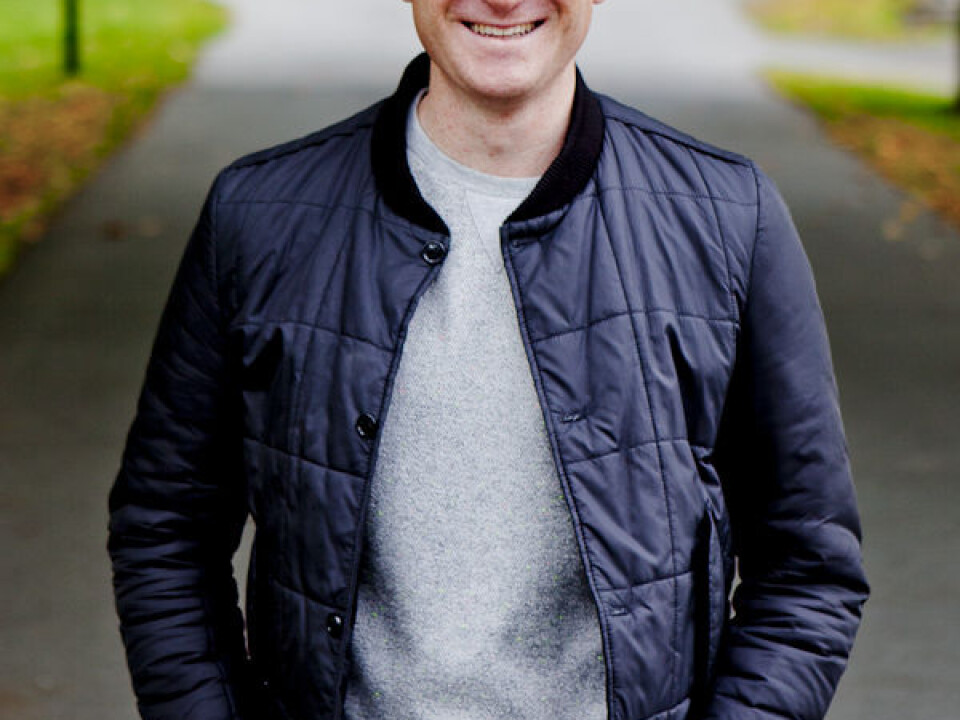
”If you’ve received sufficient sleep, you can make it through the slump without snoozing. Or you can go out for a walk, which is a smart thing to do at this time,” says Kallestad.
But does it matter so much if we doze off while the kids watch afternoon tv shows?
“It doesn’t necessarily hurt to sleep a little, but it can make it harder for you to fall sleep at bedtime. That can be an indication that you sleep too much in a 24-hour period. However, if you only nod off for 10 to 20 minutes on the couch it isn’t much of a problem.”
It becomes a problem if you don’t keep your catnap to a minimum. If it lasts over a half hour you fall into a deeper sleep, which it can be hard to awake from.
“There’s a big difference between sleeping a little and sleeping a lot in the afternoon. It testifies to your form, and if for instance you have a sleep disorder it can be exhausting,” says Kallestad.
Early birds and night owls
Some of us are more disposed to tackling the standard circadian rhythm required by our jobs. Kallestad can testify to the existence of two types of people, early birds and night-owl. But most of us are able to battle our natural preferences.
“Lots of people would preferably get up at 10 but manage to get out of bed much earlier to go to work. We do tend to fall into the early-bird or night-owl categories but we make adjustments to conform. But some people are more extreme, so it can affect their schooling. They just can’t get up,” says sleep researcher.
He explains that most of us become more of the late-rising type in our teens, when we need more sleep. In our twenties this passes and when we reach our thirties we are well adjusted to working from 8 to 4.
“A school in the USA had a test project where they moved back the school day, starting at 9 instead of 7:30. It had a very good effect on attendance,” says Kallestad.
Translated by: Glenn Ostling







